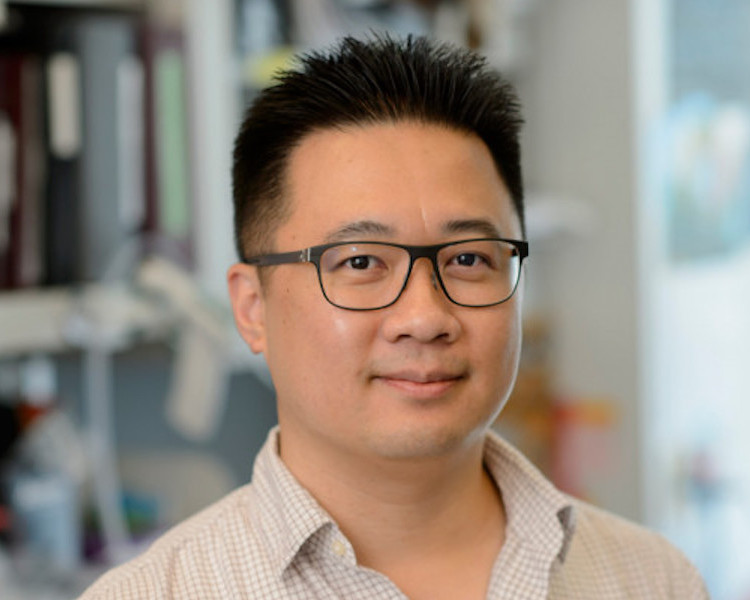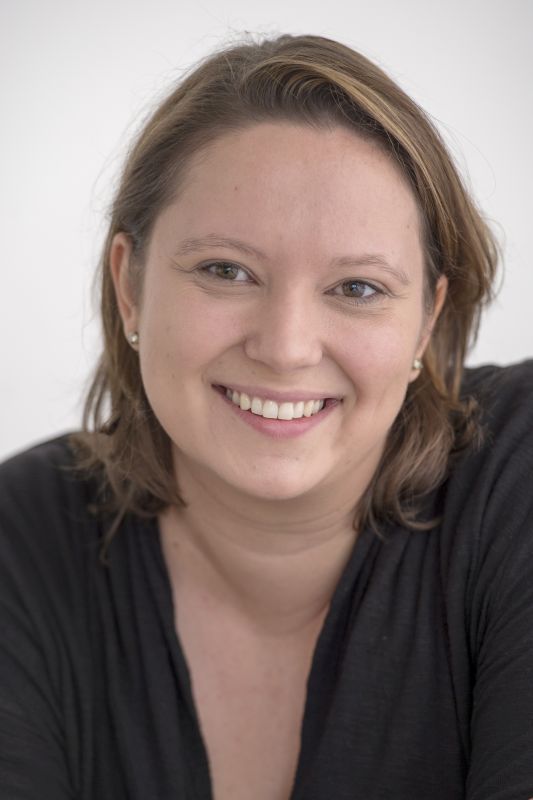Does neuronal infection by SARS-CoV-2 resemble hallmarks of early-stage neurodegeneration?
Over 30% of hospitalized Covid-19 patients show neurological symptoms, which can develop into long-term neurological manifestations1. Loss of taste, smell, gastrointestinal and cognitive dysfunction are a few symptoms associated with infection by SARS-CoV-2. Intriguingly, these features are shared with pre-motor symptoms found in Parkinson’s disease (PD). Just recently three case reports2,3 described the development of acute parkinsonism following SARS-CoV-2 infection. SARS-CoV-2 has the potential to infect neuronal cells in patients as well as various brain cells in culture, including neurons1,2,4-6. However, little is known about the cellular and molecular mechanisms involved in SARS-CoV-2 infection that might promote the development of acute parkinsonism. Our international team will investigate whether certain molecular pathways induced by SARS-CoV-2 could uncover properties that reflect neurodegeneration in human stem cell derived “mini-brains”. Results from this work will be a foundation for our future studies on modulating these pathways as potential treatments for early onset neurodegeneration.
Grant Recipients

Dr. Jason Tchieu
Cincinnati Children’s Hospital Medical Center – University of Cincinnati- Division of Developmental Biology & Center for Stem Cell and Organoid Medicine
The focus of Dr. Jason Tchieu’s research is to understand how neural stem cells create the diversity of the nervous system and how dysregulation leads to disease. He is particularly interested in the epigenetic mechanisms that regulate the differentiation of neural stem cells into neurons and glia. His lab utilizes mouse models, stem cell differentiation and genomics to investigate brain development and function. Dr. Tchieu received his B.S. from the University of California, San Diego and received his Ph.D. from the University of California, Los Angeles studying the mechanisms of somatic cell reprogramming. He was excited to use stem cells as a potential therapy and performed his postdoctoral fellowship in New York at Memorial Sloan Kettering Cancer Center.

Dr. Michelle Vincendeau
Institute of Virology, Helmholtz Zentrum München
Dr. Michelle Vincendeau is the head of the Research Group “Endogenous Retroviruses” at the Institute of Virology at Helmholtz Zentrum München. Her research focuses on identifying the functional role of human endogenous retroviral elements (HERVs) during stem cell differentiation and brain development using cutting-edge technologies like CRISPR, stem cell differentiation, in combination with big data analysis. Dr. Vincendeau studied Biology at the Technical University of Munich (TUM) and received her PhD from the Ludwig-Maximilians-University (LMU) for studies in HIV-1 and HERV research. After a first post-doctoral period working in the field of NF-κB signaling, she moved to New York to join the Lab of Lorenz Studer at MSKCC as a postdoctoral fellow, where she initiated the current research profile.
